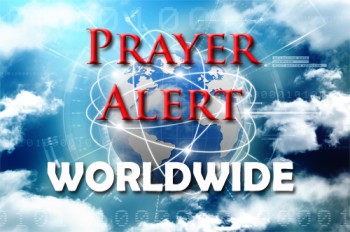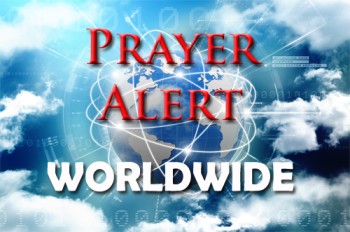
Displaying items by tag: National Guard
USA: Trump says ‘we’re going in’, sends National Guard to Chicago
Donald Trump has announced plans to deploy National Guard troops to Chicago, describing the city as a ‘hellhole’ plagued by violent crime. He hinted Baltimore could be next, insisting his actions are not politically motivated despite targeting Democratic-led cities. Illinois governor JB Pritzker and Chicago’s mayor strongly opposed the move; Pritzker called it an ‘invasion’, stating that murders have fallen nearly 50 percent in four years. There have already been protests in Chicago expressing opposition, as residents fear further unrest. The announcement follows Trump’s controversial use of troops in Washington and Los Angeles, where a federal judge has recently ruled he overstepped legal boundaries. The judge said that Trump appears intent on ‘creating a national police force with the President as its chief’. He has barred National Guard troops or marines from performing police functions: however, this will come into effect only on 12 September, potentially leaving an opening for the conservative-dominated supreme court to rule on the case.
USA: California governor condemns Trump’s use of National Guard
Gavin Newsom, the governor of California, has condemned Donald Trump’s uninvited deployment of the National Guard to quell unrest in Los Angeles, calling it an illegal escalation and ‘brazen abuse of power’. The unrest followed protests against Immigration and Customs Enforcement (ICE) raids targeting illegal immigrants. Newsom argued that California could have managed the protests without federal intervention and accused Trump of using force theatrically, inflaming tensions. He warned that such actions threaten democracy nationwide. Newsom also criticised the Trump administration’s indiscriminate deportations, which target hardworking immigrant families and foster fear. ‘Authoritarian regimes begin by targeting the vulnerable but do not stop there,’ he cautioned. Linking Trump’s actions to broader attacks on American institutions, from the judiciary to the press, he called for peaceful resistance. Urging citizens to reject fear and silence, Newsom ended with a call to defend constitutional freedoms.


